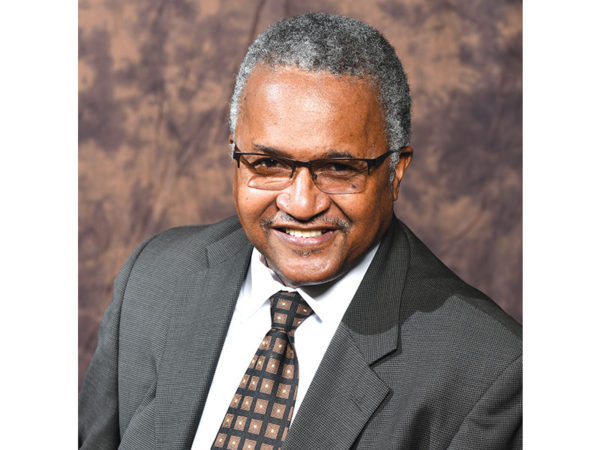“It’s safe to be black month has ended” but our need to learn about our culture and history should be ongoing.
When Carter G. Woodson began “Negro History Week” in the 1920’s it was designated as a week to celebrate our achievements as a race and to understand our struggle, identify our problems and strategize for our future.
The second week of February was the official date. Across the nation, we celebrated and most importantly we read the scholarly works of our best thinkers to understand our dilemma. In 1976, President Gerald Ford proclaimed February as Black History month; but we need to focus on the struggle all year long.
In the 1960s, across the country, there were “Freedom Schools” in which young blacks were taught how to read historical texts and interpret them in light of the black experience.
In 1968 and 1969 Bennie and Charles Brass conducted Freedom Schools in Monroe. They were civil rights activist connected to the Congress of Racial Equality. I was a 19-year-old student in a Freedom School they conducted under the trees behind Carroll High School.
In 1969-70, after they left, I assembled youth and conducted a Freedom School with a group of teens that we called “The Black Youth Council.”
In the Freedom School I conducted at the Antioch Baptist Church, I pushed all of the participants to read the works of the great thinkers of our race and to discuss them. Each week someone reported on a title. We read all of the works of Huey Newton and Bobby Seale of the Black Panthers and as well the historical writings of Frederick Douglass, Woodson, DuBois, and Booker Washington.
The most influential of these texts was “The Miseducation of the Negro” by Woodson. These shaped our thinking and helped us understand the enormity of the problem we faced.
I was the oldest one in the group at 20 years old. The others ranged in age from 15 to 19. One result of reading so much of the diverse literature of our history the fact that there was an inspiration to take action to make a difference.
We learned from the Panthers that we must serve the community. So we developed a youth-led program called “Operation Helping Hand.” We placed nearly a hundred youth on street corners on Friday with buckets and collected donations that we used to buy lumber, nails, and shingles. Every Saturday during the summer of 1970 we selected a home of a poor person who wanted help and turned out in mass at sunup with a truckload of lumber and building supplies. We fixed windows, replaced screens, repaired steps, painted walls and completed it all in one day. It wasn’t hard with nearly 100 teenagers who came to work.
We got the idea from reading about the Black Panther Party’s Feeding Programs.
We read the Constitution of the United States and focused on the Bill of Rights. Then we went out and participated in voter registration campaigns led by C.O.R.E. and the NAACP. We became involved in the efforts of Dr. John Reddix to educate our community on the political necessity of action.
In the aftermath of learning about our struggle, we marched, picketed and boycotted stores in Monroe that discriminated. Many of the youth were arrested repeatedly for challenging unjust laws. I was arrested 17 times between 1969 and 1970 for a variety of accusations related to Civil Rights protests. There were others with similar arrest records. The things we protested were ultimately changed, doors were opened and charges against us all mysteriously disappeared.
In slavery, the slave masters did not want the slaves to read. Reading ideas about freedom, strategies, history has a way of generating unrest.
My generation of activists is moving off the scene. There is a need for a new generation of readers and thinkers to evolve.
If they read, they will act; it’s guaranteed.
The alternative is …video games.


